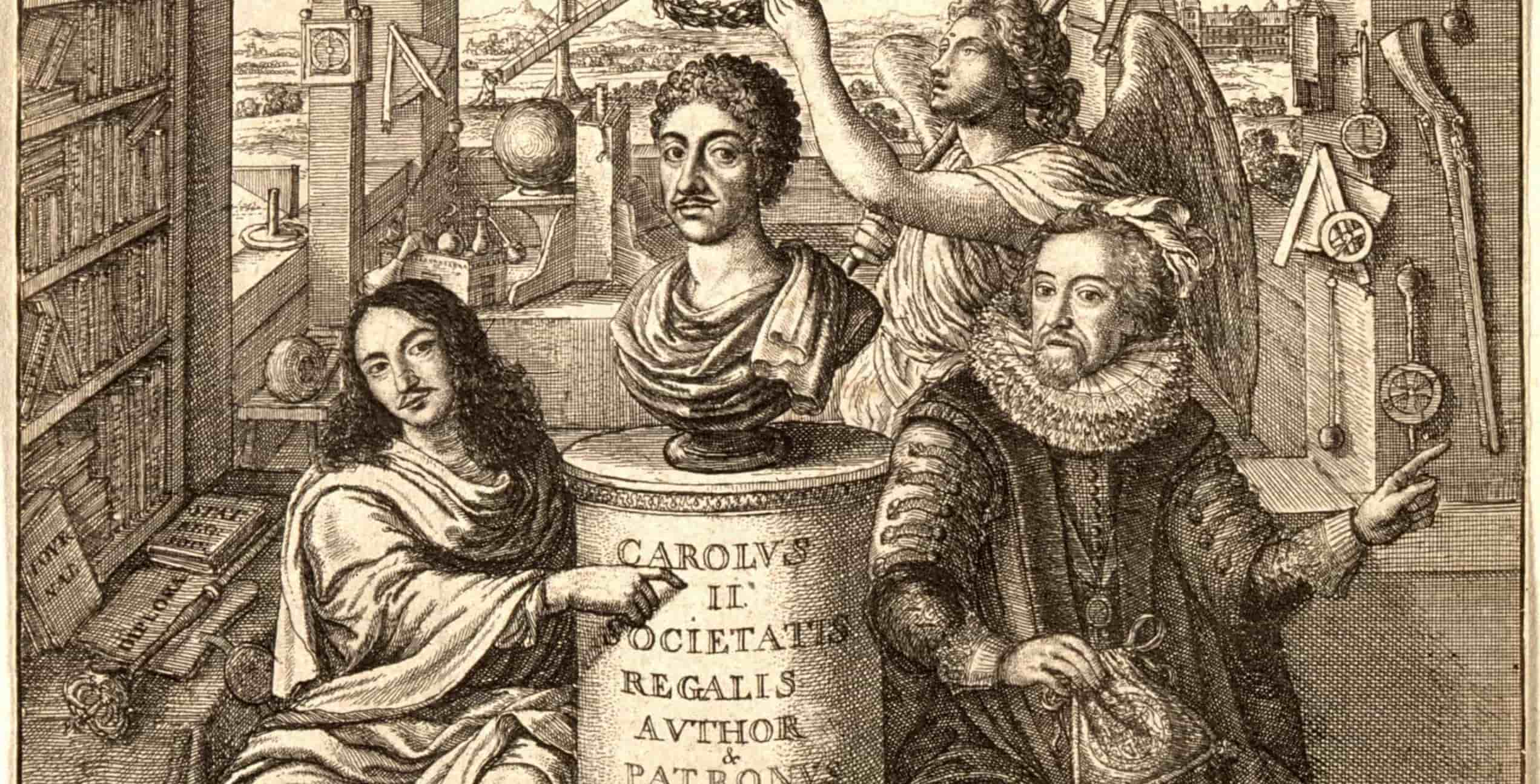
Ever wondered how our world transformed from believing in the power of alchemy to trusting the scientific method? The Scientific Revolution marks that pivotal era, reshaping our understanding of the universe. But what's the real scoop behind this groundbreaking period? From the heliocentric model proposed by Copernicus to the laws of motion laid down by Newton, this revolution was not just about new discoveries, but a whole new way of thinking. Ready to have your mind blown by some of the most astonishing facts about the Scientific Revolution? Buckle up, because we're about to take a whirlwind tour through history, uncovering the gems that propelled humanity into a new era of enlightenment. Let's get started on this fascinating ride through time!
Key Takeaways:
- The Scientific Revolution was sparked by curiosity, skepticism, and technological advances, leading to a shift in how people viewed the world and a new emphasis on observation and experimentation.
- Key figures like Copernicus, Galileo, and Newton made groundbreaking discoveries and inventions, challenging traditional beliefs and laying the foundations for modern science and technology.
What Sparked the Scientific Revolution?
The Scientific Revolution, a period of great advances in science, fundamentally transformed how people viewed the world and their place in it. But what exactly sparked this monumental shift in thought and understanding?
-
Curiosity and Skepticism: At its core, the revolution was fueled by a growing curiosity about the natural world and a skepticism of ancient authorities. Scholars began to question traditional beliefs and sought explanations grounded in observation and experimentation.
-
Technological Advances: Innovations such as the printing press made it easier to share ideas and discoveries, facilitating the spread of new scientific concepts. The telescope and microscope opened up new realms of the microscopic and cosmic, challenging existing notions of the universe.
Key Figures of the Scientific Revolution
Several brilliant minds stand out for their contributions to the Scientific Revolution, pushing humanity's understanding of the natural world to new heights.
-
Nicolaus Copernicus: Proposed the heliocentric model of the universe, suggesting that the Earth and other planets orbit the sun, contrary to the prevailing Earth-centered model.
-
Galileo Galilei: Used the telescope to make astronomical observations that supported the heliocentric theory and challenged the authority of the church.
-
Isaac Newton: Formulated the laws of motion and universal gravitation, laying the groundwork for classical mechanics.
Revolutionary Discoveries and Inventions
The Scientific Revolution was not just about new ways of thinking; it also brought about groundbreaking discoveries and inventions that changed the world.
-
The Telescope: Galileo’s improvements on the telescope allowed humans to see the heavens in unprecedented detail, revealing moons of Jupiter and the phases of Venus.
-
Calculus: Developed independently by Isaac Newton and Gottfried Wilhelm Leibniz, calculus provided a new mathematical framework for describing motion and change.
-
The Scientific Method: A systematic approach to research and experimentation, championed by figures like Francis Bacon and René Descartes, emphasized observation, hypothesis, and experimentation.
Impact on Society and Culture
The Scientific Revolution did more than expand human knowledge of the natural world; it also had profound effects on society and culture.
-
Shift in Worldview: It challenged the authority of the church and ancient scholars, promoting a worldview based on empirical evidence and rational thought.
-
Advancements in Medicine: Understanding of human anatomy and physiology improved, leading to better medical treatments and the eventual development of the germ theory of disease.
-
Influence on the Enlightenment: The emphasis on reason and empirical evidence contributed to the Enlightenment, a period that valued individualism and questioned traditional structures of power and authority.
The Legacy of the Scientific Revolution
The Scientific Revolution laid the foundations for modern science, shaping the future of humanity in countless ways.
-
Foundation for Modern Science: It established science as a field distinct from philosophy and religion, with its own methods and standards of evidence.
-
Technological Innovation: The principles discovered during this period paved the way for future technological advancements, from steam engines to electricity.
-
Educational Reform: It influenced the development of educational systems, promoting the study of science and the importance of critical thinking skills.
-
Global Exploration: Scientific advancements made navigation more accurate, facilitating global exploration and the expansion of European empires.
-
Environmental Awareness: Understanding of the natural world led to early considerations of humanity’s impact on the environment, laying the groundwork for modern environmental science.
These facts highlight the transformative power of the Scientific Revolution, an era that not only reshaped our understanding of the cosmos but also fundamentally altered the course of human history.
A Final Look at the Scientific Revolution
We've journeyed through the twists and turns of the Scientific Revolution, uncovering gems of knowledge that have shaped our world. This era wasn't just about new discoveries; it was a seismic shift in how humans thought about the universe and their place within it. Figures like Galileo, Newton, and Copernicus didn't just study the stars; they launched humanity on a path of endless curiosity and innovation. Their legacy is not just in the facts and theories they left behind but in the spirit of inquiry they ignited. As we move forward, let's carry this torch of curiosity, always questioning, always learning. The Scientific Revolution teaches us that with a questioning mind, the possibilities are limitless. Let's keep that flame of discovery burning bright, for it's in exploring the unknown that we truly find ourselves.
Frequently Asked Questions
Was this page helpful?
Our commitment to delivering trustworthy and engaging content is at the heart of what we do. Each fact on our site is contributed by real users like you, bringing a wealth of diverse insights and information. To ensure the highest standards of accuracy and reliability, our dedicated editors meticulously review each submission. This process guarantees that the facts we share are not only fascinating but also credible. Trust in our commitment to quality and authenticity as you explore and learn with us.


